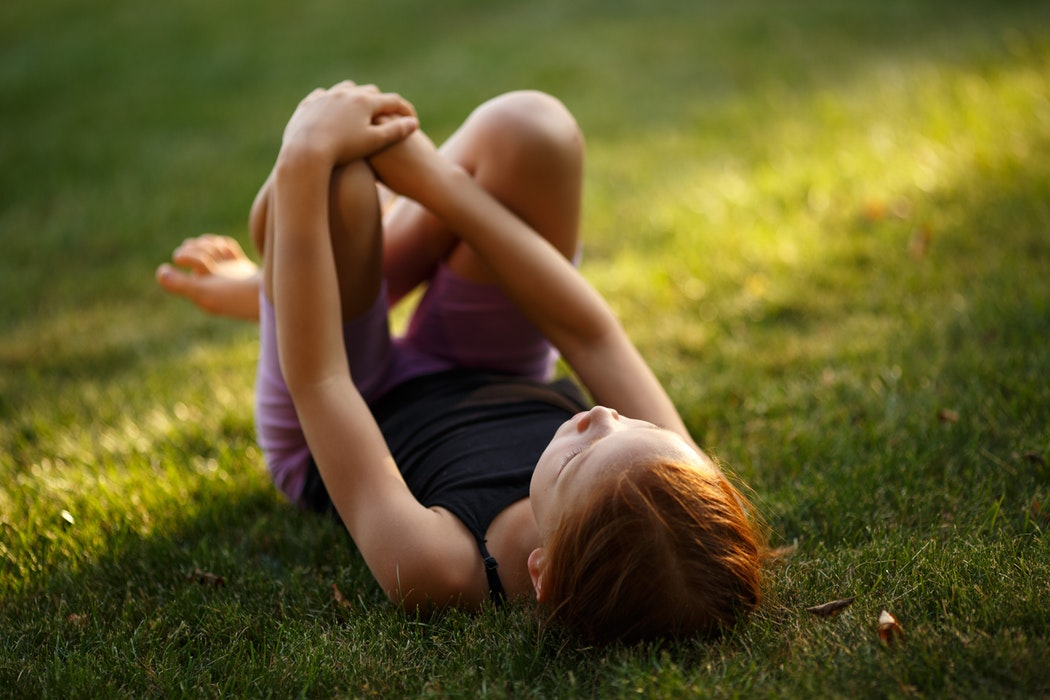relaxation is a skill; why Our kids need it and how to make it a regular practice in their life.3/2/2019
One of the most profound realizations that I’ve stumbled upon in working with youth is that many don’t know how to relax. In a society that values busyness and multi-tasking, it seems relaxation is merely an idea and the practice of it is non-existent. Stress has been identified as the single most potent risk factor for mental health problems in children and adolescents. Our children are growing up in a highly competitive, over-stimulated and sometimes overwhelming world without the necessary skills for managing it. Stress is a part of life and not all stress is bad. Our physiological response to stress, hardwired in all of us, is key to our survival. But stress in the modern world has become an epidemic and the reality is, many of the adults in children’s lives aren’t practicing strategies for managing it - so it’s not being modeled, it’s not being taught, it’s just not a priority. "For the things we have to learn before we can do them, we learn by doing them.” -Aristotle Relaxation is a coping strategy for managing stress and the ability to relax is a skill that has to be taught. Children need opportunities to learn about stress, the symptoms and the effects it can have on their health and well-being. Moreover, they need opportunities to embody the practice of relaxation if they are to make it a priority in their lives. This takes effort, patience and persistence. I’ve found in my practice as a psychotherapist and yoga and mindfulness teacher that once children know what a relaxed state actually feels like in their body and mind, that they start to request more and more of it. And once they’re familiar with the strategies, they are able to generalize these practices at home and at school. Relaxation techniques are often free and can be practiced nearly anywhere. As a process and state of being, relaxation helps decrease the physical and mental effects of tension, stress and anxiety experienced in our daily lives. Relaxation doesn’t mean zoning out in front of the television or in front of an iPad, this does little to reduce the damaging effects of stress. Evidence-based practices like deep breathing, meditation, guided imagery, rhythmic exercise and yoga however have been proven to activate the body’s natural relaxation response (the parasympathetic nervous system), which helps reduce stress, boost energy and mood and improve mental and physical health.
|

